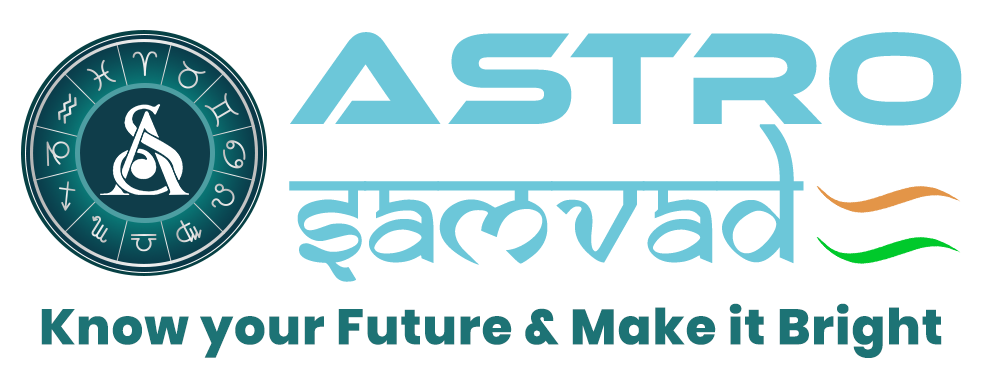IVF Baby and Pregnancy
Chances of Successful IVF According to the Birth Chart
Astrology can provide insights into the likelihood of a successful IVF for a couple. If the birth chart does not show favorable planetary placements, the couple may encounter various challenges, making the IVF process more difficult. In such cases, adoption may be a more viable and less stressful option. Undergoing IVF without astrological support can lead to unnecessary physical and emotional distress. An astrological consultation can help determine whether IVF is a suitable path or if considering adoption would be a more beneficial choice for the couple.
The Right Time for IVF as per Horoscope
Astrology can help determine the most auspicious time for IVF by analyzing specific factors in your birth chart. An astrologer will focus on key planetary placements such as Jupiter, Venus, and the Moon, which significantly influence fertility. They will also assess the fifth house, which governs children and conception, to identify any challenges or opportunities related to fertility.
The astrologer will also consider the current planetary period (or "dasha") you're experiencing and any yogas or planetary combinations that could impact fertility. By examining these factors, they can suggest the optimal timing for IVF. However, while astrology provides valuable insights, it's important to make the final decision in collaboration with medical professionals to ensure the best possible outcome.
Fertile and Infertile Period as per Birth Chart
In astrology, the concept of fertility is closely linked to the moon's transit through the birth chart, and specific periods of a woman's life may be more fertile than others. This approach, alongside scientific understanding, helps in determining when a woman is more likely to conceive based on her personal astrological influences.
The birth chart can indicate hormonal imbalances that may lead to infertility. During periods of infertility, conception can be challenging, and IVF attempts might not be successful, leading some to feel disappointed or attribute failure to fate. By using astrology to identify fertile and infertile periods, couples can time their efforts more effectively, increasing the chances of success.
It is wise to avoid undergoing IVF during an infertile period. Instead, waiting for the fertile window to open can save both physical and financial resources. Astrology can also help determine if infertility is temporary or permanent, giving couples the option to wait for better timing. If the woman’s age allows, waiting for the fertility period can be beneficial.
Astrology can also offer alternative methods for overcoming infertility and can help explain unexplained or undetectable infertility, offering insight into natural barriers or imbalances that might not be detected through medical testing. By understanding the astrological factors at play, a couple can better plan their fertility treatments, optimizing the timing for success.
IVF Planning and Nakshatras
Astrology can play a significant role in selecting the most fertile days for IVF. By analyzing the birth chart of a female and considering the Moon's transit, one can determine the optimal days for conception. Here's how the process works:
-
Lagna Nakshatra: First, note the Nakshatra of the Lagna (ascendant). Also, observe the 7th, 14th, and 21st Nakshatras from the Lagna Nakshatra. This gives you a total of four Nakshatras related to the Lagna group.
-
Moon Nakshatra: Next, observe the Nakshatra of the Moon and the 14th Nakshatra from it. This gives you two Nakshatras related to the Moon group.
-
Sun Nakshatra: Similarly, observe the Nakshatra of the Sun as per its degree and the 14th Nakshatra from the Sun's position. This provides two Nakshatras related to the Sun group.
In total, there are eight Nakshatras that are considered capable of creating a pregnancy. However, some Nakshatras may appear in all three groups (Lagna, Moon, and Sun). In such cases, you may have six or seven Nakshatras, and the common Nakshatras are the most fertile for the woman.
Timing for IVF:
- To determine the best time for IVF, consider the dates of the menstrual cycle. Start counting from the 7th day of the cycle to the 23rd day. During this period, look for one of the selected Nakshatras from the list. The day when one of these Nakshatras aligns, that is considered the ideal day for IVF.
Key Astrological Considerations for IVF:
-
Ketu: Ketu should not be in the Nakshatra at the time of IVF, as its presence can sometimes lead to a miscarriage.
-
Rahu: If Rahu is present in the Nakshatra during IVF, there is a possibility that the soul of a former family member may enter the embryo, which could affect the pregnancy.
-
Saturn: Avoid Saturn in the Nakshatra at the time of IVF. When the Moon touches this Nakshatra, it could lead to Vish Yoga or Punarphoo Dosha, slowing the embryo's development and resulting in a weak child.
-
Jupiter’s Aspect: If Jupiter aspects the Moon on the day of IVF, this is a positive sign. It ensures that the IVF will be successful, and the child born will be healthy.
Before finalizing the IVF timing, it is also essential to examine the positions of planets in the parents' horoscopes nine months later, ensuring that the planetary alignments support a healthy conception and the combination of planets that may be passed on to the child.
This careful astrological analysis can enhance the chances of a successful IVF and ensure a healthy pregnancy.


